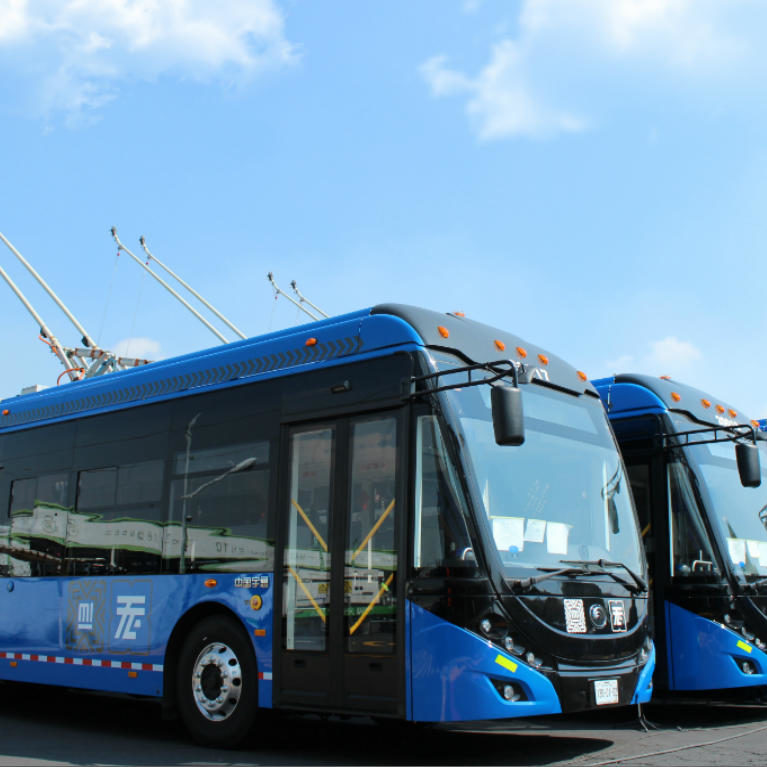Electric, autonomous, and magnetic levitation transportation could be the means that can guide smart cities’ future.
The transportation means that could guide Smart cities’ future.
According to the UN, environmental pollution is the cause of death for more tan 9 million persons each year; that means double of the total death toll caused by the COVID-19 pandemic. That’s why the search for sustainable mobility alternatives has become an urgent matter on large urban centers on a global scale.
“One of our goals by 2030 is to reduce global warming by 1.5°C, and this will only happen if the private sector, government and civil partnerships focus on innovation, development and tech projects to find greenhouse gasses solutions in the short, medium and long term” stated Juan Carlos Abascal, LATAM Corporate Solutions Director on MOBILITY ADO.
MOBILITY ADO’S 3 alternatives for Smart cities mobility in the near future are:
1. Electric public transportation as a standard
This trend has become the standard in the cities, considering the rise of fossil fuel prices and the pollution they generate, 100% electric public transportation will become the most profitable option for local authorities in large cities. It won’t only mean operational savings, but also have an impact on the budget destined to healthcare.
2. Autonomous shared mobility
Not only for public transport buses, but on individual transport like taxis. Mobility will be autonomous and shared. Route optimization will be prioritized to avoid traffic jams and safer and more efficient commuting for their users.
3. Magnetic levitation technologies
This is a practice that is already being implemented in several European countries, which is particularly effective for national and international long-distance journeys. Magnetic levitation trains, powered by electric energy, reach a speed of around 372 mph, which not only reduces environmental pollution, but also noise pollution.
One of the most relevant factors for a true sustainable mobility is to ensure that the required energy sources for its operation to be eco-friendly. Investment on infrastructure and the development of a global sustainable energy supply chain will allow to reduce the impact on global warming in the long term.MOBILITY ADO, through its 80 years of experience, looks to reinforce with innovation projects in the Americas and Spain, the continuous search for more sustainable mobility options that will have a positive impact on the quality of life of the


